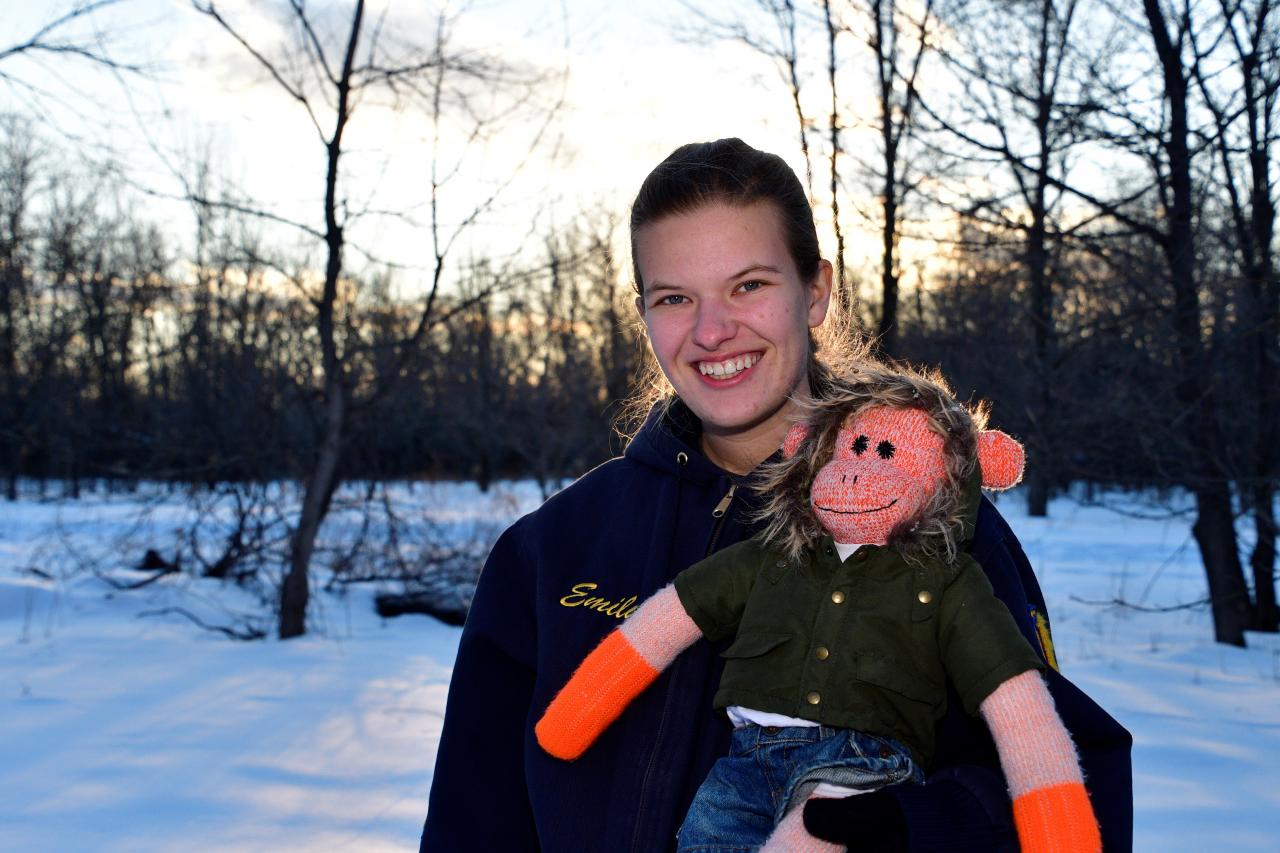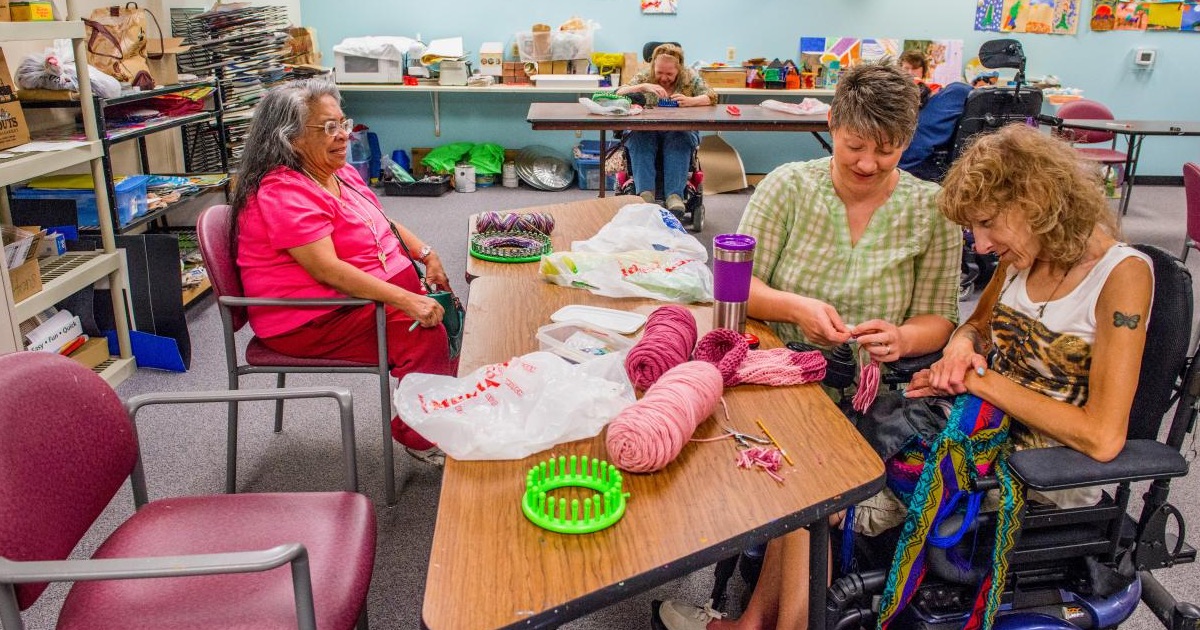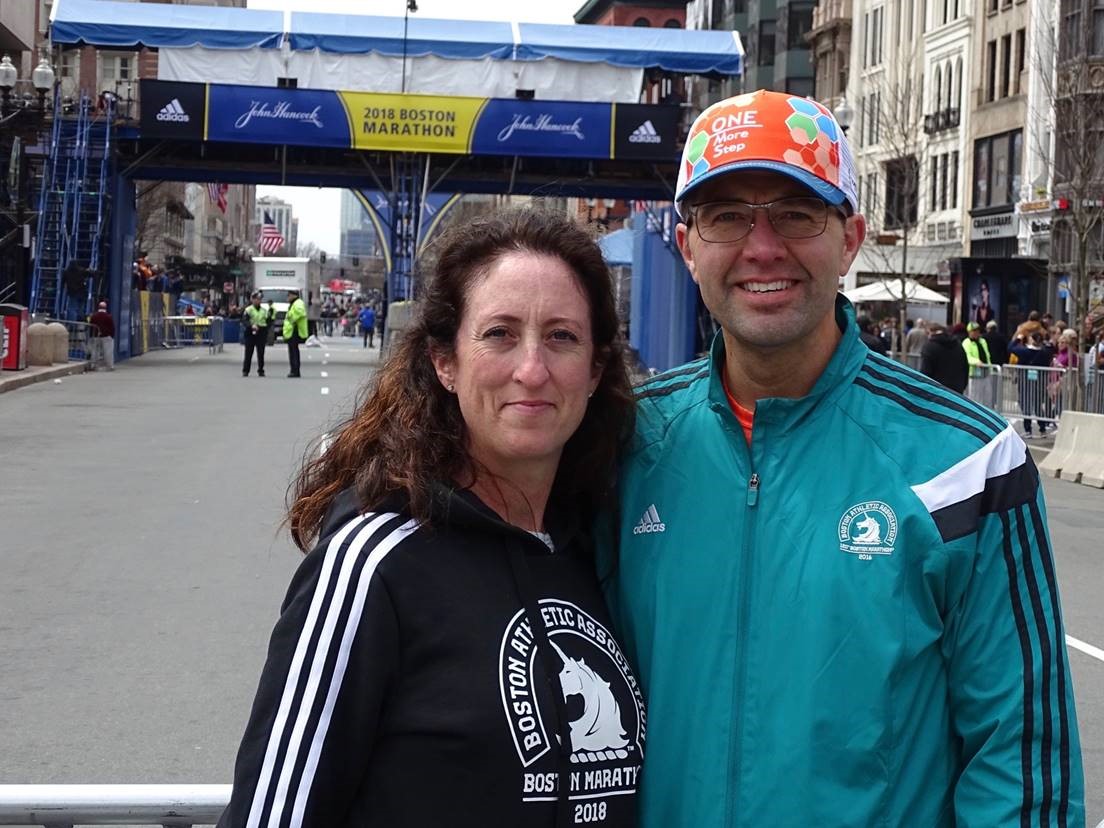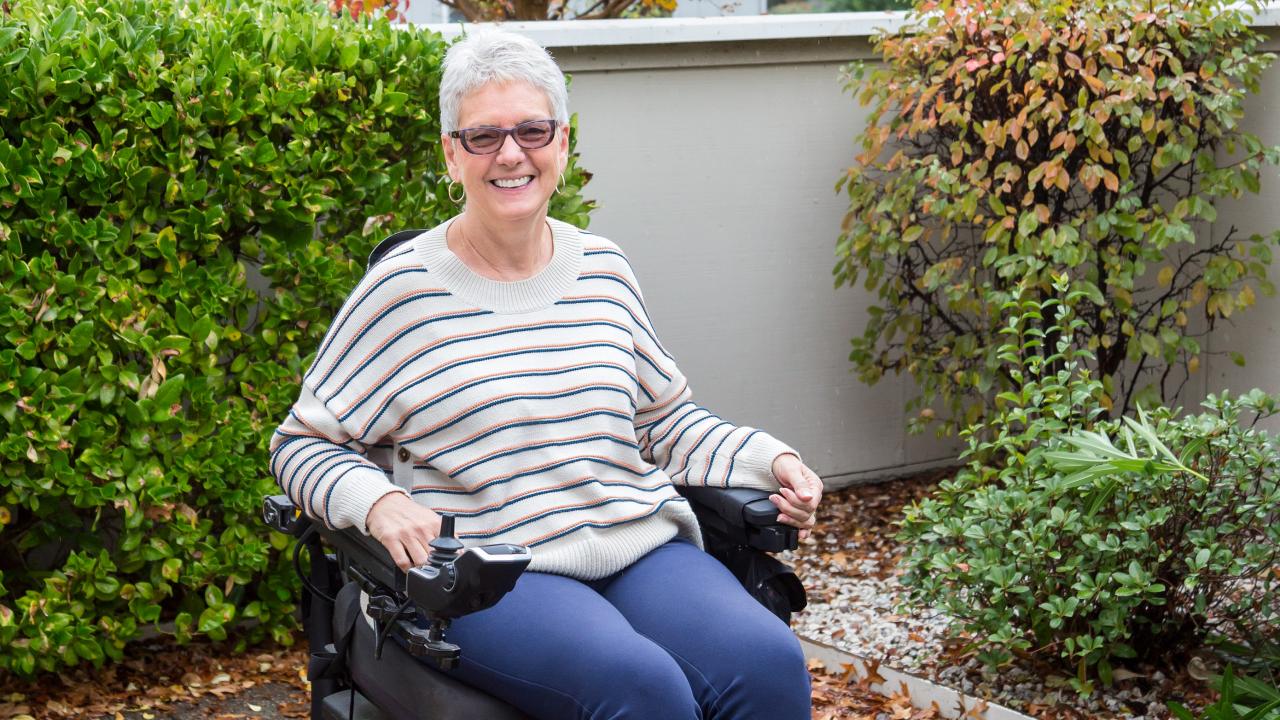 Emily Blosberg with Oscar
Emily Blosberg with Oscar
Multiple sclerosis (MS) is often diagnosed when people are in their 20s and 30s, striking in the prime of life. For Emily Blosberg and the estimated 10,000 children in the United States who are living with pediatric MS, however, that diagnosis can come far younger.
Emily was diagnosed with MS at the age of 15. As a person living with pediatric MS, she felt isolated, struggling to find other children and teens in similar situations. After finally connecting with a few others, Emily decided that no other child or teen with pediatric MS should have to feel alone. Determined to build a network of support, she founded Mr. Oscar Monkey in 2015.
Mr. Oscar Monkey is a nonprofit organization that advocates for, and supports, children diagnosed with MS and their families. Through Mr. Oscar Monkey, Emily created a place for children and families to unite, share experiences and spread awareness of pediatric MS.
Emily, now 21 years old, is currently earning a bachelor’s degree in communications, while managing Mr. Oscar Monkey with the help of her board of directors, speaking about MS at events around the country, and serving as a teacher’s aide at her former high school. We chatted with Emily about her life, living with MS, advocacy and how she balances it all.
EmpowHER: What inspired you to become an MS advocate at such an early age?
Emily Blosberg: My dad was diagnosed with MS when I was two years old, so I had been talking about MS and volunteering at advocacy events since a very young age.
When I was diagnosed myself at age 15, after dealing with unexplained symptoms for months, I was relieved. I had an answer, I knew what I was dealing with, and I knew it was manageable because of my dad. What was difficult, however, and what is difficult for most people living with pediatric MS, was explaining it to others. It can be tough to get teachers, peers and others to listen; they often view MS as an “adult” disease and have trouble understanding that children and teens can be diagnosed with MS too.
Eventually, I was asked to be an ambassador for my local National MS Society chapter, which I had been involved with for many years because of my father. When I started sharing my story, I was surprised by the amount of support I received and saw an opportunity to continue to raise awareness.
EmpowHER: Can you tell us more about Mr. Oscar Monkey? What inspired you to start the organization?
Emily: After I was diagnosed, it took me more than a year to find other people my age with MS! It seemed like there were just so few teens living with pediatric MS. I finally found someone who lived about five hours away from me and another person on Facebook who had been living with MS for years, but had never met anyone else her age with MS. I was motivated to do something.
Before my diagnosis, I was always knitting. But when my symptoms started, I had to stop, because the yarn hurt my fingers. A friend of mine taught me how to make sock monkeys, small stuffed animals made entirely from socks.
I started making these little sock monkeys, which I used to name. One of my favorites was Mr. Oscar the Sock Monkey. Because I enjoyed having Mr. Oscar around, I started making care packages with Oscar’s sock monkey buddies (since Mr. Oscar stays with me), along with information about living with MS. We’ve sent about 180 care packages around the world so far!
EmpowHER: What is the overall mission for Mr. Oscar Monkey?
Emily: I want other children and teens with pediatric MS to feel a sense of community. No child or teen should feel like they’re fighting MS alone. It can be a lonely disease, especially for children who aren’t able to attend school due to symptoms. A community connection can help decrease loneliness for those kids.
Today, Mr. Oscar Monkey has grown into a nonprofit foundation focused on connecting children, teens and their families with MS, as well as providing education and raising awareness. While a big part of the organization continues to be our care packages with one of Oscar’s buddies, we’re always growing our community!
We now have programs for kids of all ages. One of my biggest goals was to start a camp for children and families impacted by pediatric MS, and I’m proud to say we achieved that goal. We had our first-ever Oscar’s Buddy Bash camp a few weeks ago, and families came from all over the country. The camp had tons of activities, including a Q&A led by a neurologist, an educator with a general list of school accommodations to ask for, art time, fun in the snow, and more.
Another way we help kids and younger people living with MS is through a partnership we’ve started with the Pediatric Multiple Sclerosis Alliance, a group focused on supporting parents of children with MS.
EmpowHER: What does the future hold for Mr. Oscar Monkey?
Emily: We hope to continue to expand our educational offerings. I’m also considering children’s books written from Oscar’s point of view about the experience of being a child with MS. Finally, I’d love to have additional resources for kids, including materials to bring to school and a kid-friendly journal or planner where they can document symptoms and bring it with them to doctor’s appointments.
EmpowHER: How do you balance school, work, advocacy and living with MS?
Emily: I have no idea! Right now, I’m a full-time student doing course work online, which allows for flexibility. Attending classes in person is exhausting, and I realized that online coursework allowed me to better manage my energy and education. I work as a teacher’s assistant and paraprofessional at my old high school. And in the evenings, I make sock monkeys (Oscar’s buddies) to put in care packages.
Of course, I have help with Mr. Oscar Monkey. My parents are on the board of directors, my mom answers emails and fills out paperwork, and my dad handles finances.
At the end of the day, it’s about balance, figuring out what needs to be done and time management.
EmpowHER: What advice for you have for kids and teens with MS?
Emily: Don’t try to hide it. As corny as it sounds, embrace your diagnosis, become a part of the community and speak up for yourself. Also, know you’re not alone! There are others who know what you’re going through.
EmpowHER: What would you want the rest of the MS community to know about pediatric MS and your experiences?
Emily: These kids living with MS are warriors — I have never met such strong, resilient and knowledgeable kids. They all understand their disease and what it means. But at the same time, they also need support, whether that’s in the form of letters saying they are doing great or a get-together with other people like them.
EmpowHER: If people are interested in an Oscar’s buddy or getting involved with Mr. Oscar Monkey, where should they go?
Emily: Check out our social media sites. We have pages on Facebook and Twitter and, of course, they can visit our website for additional information. We are also listed on GatherMS.com!
Read more in Living with Multiple Sclerosis

.png)

